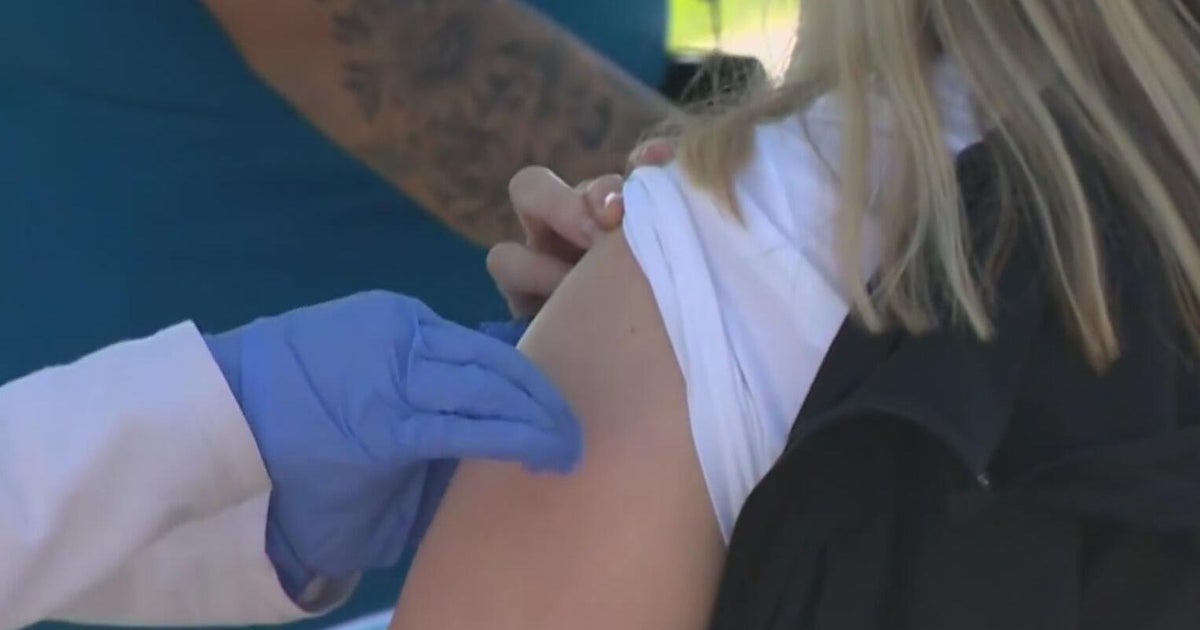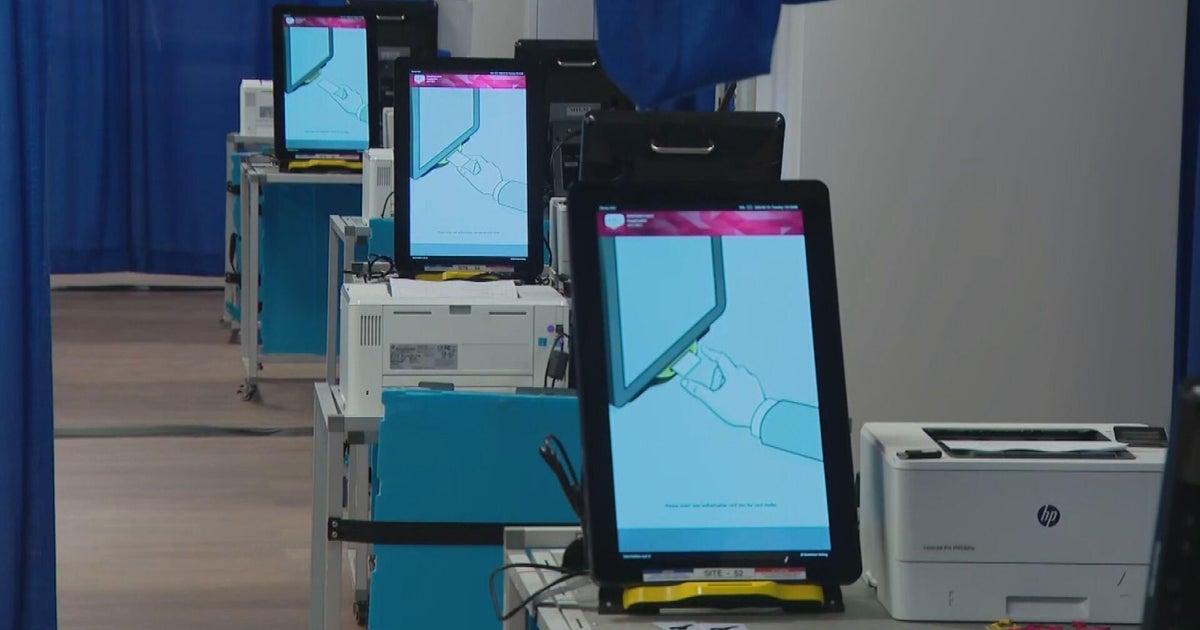Key difference emerges between Texas House & Senate bills to increase penalty against illegal voting
AUSTIN (CBSNewsTexas.com) – One of the top priorities for Republicans this year is for the Texas legislature to get tough on illegal voting.
State lawmakers appear ready to increase the penalty for illegal voting – from a Class A misdemeanor to a second-degree felony.
It was that way for decades before the legislature reduced the punishment just two years ago.
Representative Cole Hefner, R-Mt. Pleasant, wrote House Bill 1243 and told a legislative hearing Thursday, "We've heard from our people back home that they believe this is a very serious crime."
In response, Representative John Bucy, D-Cedar Park said, "I don't see the evidence being laid out here to justify the change."
While the House debated its version of the bill Thursday, the Senate passed its legislation last month.
And there is a key difference: The House would keep the current law's requirement that there's proof someone intended to break the law.
The Senate wants to change that.
During a hearing Feb. 27 at the Capitol, the author of Senate Bill 2, Bryan Hughes, R-Tyler said, "Ignorance of the law is not a defense. On Senate Bill 2 which is before the committee, if you are a felon, and you know you're a felon, you don't have to know it's illegal for felons to vote."
As the legislature debates this issue, the high-profile case involving Crystal Mason, who made national headlines in 2018, keeps coming up.
She's the Tarrant County woman convicted of illegal voting during the 2016 presidential election and sentenced to five years in state prison.
Last year, the state's highest criminal court, the Criminal Court of Appeals, ruled that the Tarrant County judge and the appeals court in Fort Worth which upheld her conviction, made a mistake.
That's because they failed to require proof that Mason actually knew it was a crime for her to vote.
At the time, she was on supervised release after serving time in federal prison for tax fraud.
She insisted she didn't know she was ineligible to vote.
The Tarrant County District Attorney's office isn't commenting but defends the conviction.
But 14 former state and federal prosecutors who are part of the States United Democracy Center recently sent an amicus brief to the state appeals court on Mason's behalf before they hear the case again Tuesday.
Former U.S. Attorney of the Northern District of Texas Sarah Saldana is among those included in the brief.
She discussed the case with CBS News Texas. "It should have never been charged under the laws of the State of Texas."
She said she's hoping the appeals court will overturn Mason's conviction, and that the legislature will keep intent as part of the state's law. "We want to catch election fraud absolutely. I was the election fraud officer for the Northern District of Texas for years. But what we don't want to do is put fear into people that any innocent mistake like this will actually put them in prison. We cannot make innocent mistakes punishable in this statute."
Back at the Capitol, Representative Hefner, author of the House bill was asked if Mason and others like her would still be prosecuted under his legislation if they don't realize they are ineligible to vote. "Those people, it's my understanding, would not be prosecuted under this law."
If lawmakers in the House approve their bill, they will have to hash out their key difference with their counterparts in the Senate.
Crystal Mason and many others will be watching what happens next at the Capitol.







